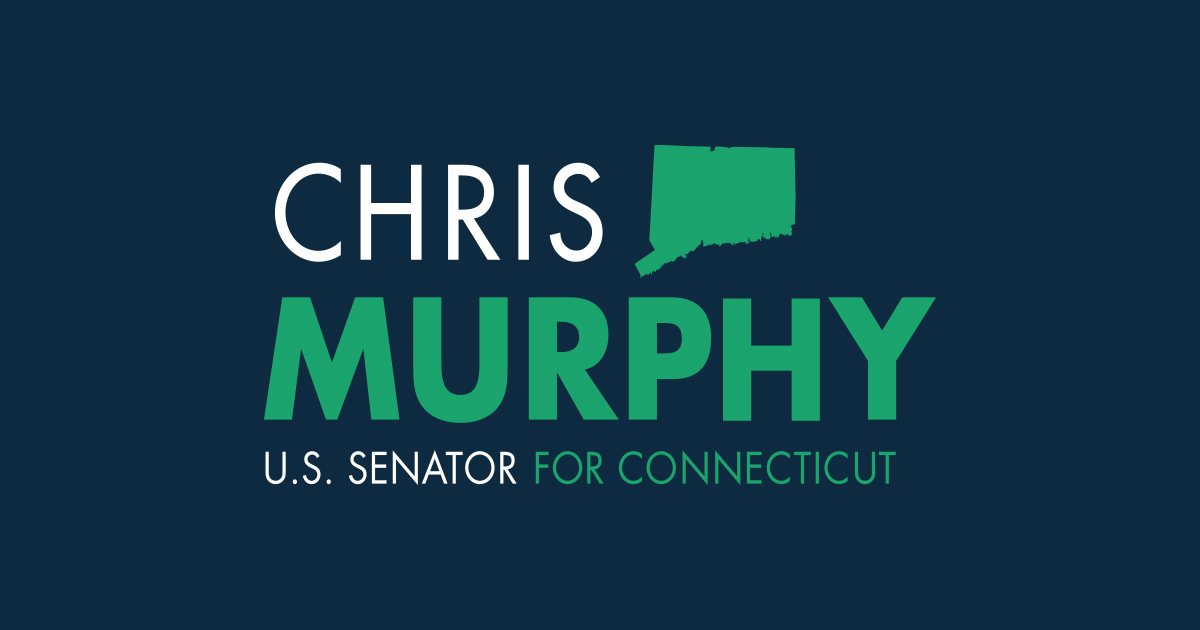Source: United States Senator for Connecticut – Chris Murphy
August 11, 2021
WASHINGTON—U.S. Senator Chris Murphy (D-Conn.), Chairman of the U.S. Senate Foreign Relations Subcommittee on Near East, South Asia, Central Asia and Counterterrorism, this week joined the Center for Strategic & International Studies’ Jon Alterman on his podcast Babel: Translating the Middle East to discuss the United States’s security footprint in the Middle East, the economic crisis in Lebanon, the need to reset the U.S. relationship with Saudi Arabia, and Tunisia’s democratic fragility.
On the United States’s security presence in the Middle East, Murphy said: “I think we have to look at our security footprint in the region. We spent billions of dollars putting massive amounts of troops in bases spread throughout the region. I don’t think that actually accrues to our security interests…any longer. What we want is to try to midwife a conversation about a regional security architecture in which the Iranians and the Saudis and the Emiratis aren’t sort of constantly battling with each other through proxy fights. And I don’t think that our current positioning in the region—whereby we are essentially giving the…Saudi side…whatever they need—I don’t think our current disposition is actually leading to that détente.”
On Lebanon, Murphy said: “[M]y worry is that if Lebanon falls apart, it will become the next Syria. It will be…a source of great instability that may actually give rise to terrorist organizations that have designs on the United States. So I would argue that the United States should make a sizable commitment to reform in Lebanon.”
On the need to reset the U.S. relationship with Saudi Arabia, Murphy said: “I just think it’s time to play harder ball with the Saudis. I don’t believe this argument…that the Saudis are going to walk away from a security alliance with the United States. They will never get from the Chinese nor the Russians what they get from the United States today. Yes, [the Saudis] want more… but they don’t have another potential partner like the United States. So I think it’s time for us both with the Saudis and the Emiratis…to sort of say to them, ‘Listen, if you want us as a security partner, then we expect you to sort of line up with our priorities on Yemen, on Lebanon. And if you’re not willing to do that, then we’re going to have a conversation in the United States as to whether we’re going to be in business together any longer.’”
On potential United Arab Emirates involvement in Tunisia’s latest political upheaval, Murphy said: “What is the efficacy of the close U.S. partnership with the [United Arab Emirates] if they, in fact, were one of the nations that were trying to push Tunisia away from a democracy?”
Murphy continued: “…[B]ack to this broader question of the attractiveness of an alliance with China—that attractiveness is also due to the economic power and the economic reach of China, right? They come to these nations bearing substantial economic gifts, more than the United States can provide. So it is also, to me, a reason why the United States should be doing a radical reform of our foreign policy toolkit…[A]ll we have available to us right now in Egypt is sort of public shaming and the withdrawal of military aid, whereas the Chinese will come in with much more significant economic promise than the United States can today.”
“[W]e should empower—whether it be USAID or the Development Finance Corporation—with the kind of economic assets that can be comparable to the Chinese. Which right now, we can’t even imagine as a government and that’s in part because no one ever was competing with us on that playing field…We never had to…staff up and resource up on economic development because we were the only game in town. Well, we’re not any longer. And so it’s not good enough to just offer some ships or some guns, you have to actually be able to offer real development in a way that we can’t today,” Murphy said.
Earlier this year, Murphy authored an op-ed in Foreign Affairs making the case that U.S. Gulf policy no longer aligns with our interests, and President Biden should reset U.S. relationships with the Gulf states in a way that promotes American values, keeps the United States out of foreign entanglements, and prioritizes peace and stability across the Middle East region.
Click here to listen to the Babel episode in full.
###
